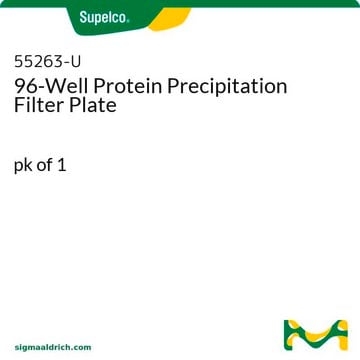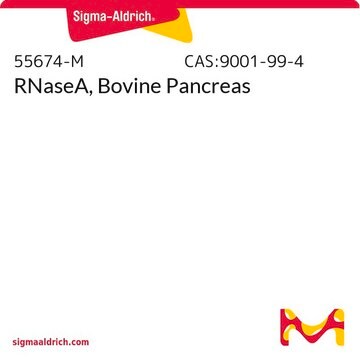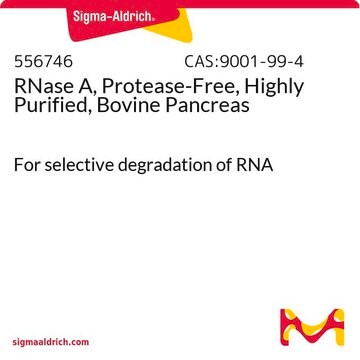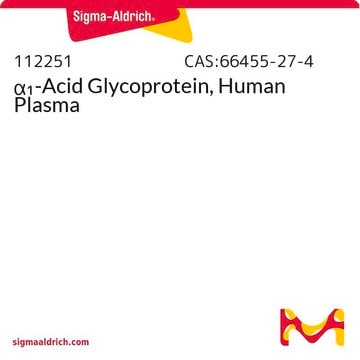R1153
RNase B Glycoprotein Standard from bovine pancreas
≥90% (SDS-PAGE), lyophilized powder
Sinónimos:
Ribonuclease B from bovine pancreas, RNase B
About This Item
Productos recomendados
product name
RNase B Glycoprotein Standard from bovine pancreas, Proteomics Grade
grade
Proteomics Grade
Quality Level
assay
≥90% (SDS-PAGE)
form
lyophilized powder
storage temp.
−20°C
InChI
1S/C9H14N4O3/c10-2-1-8(14)13-7(9(15)16)3-6-4-11-5-12-6/h4-5,7H,1-3,10H2,(H,11,12)(H,13,14)(H,15,16)
InChI key
CQOVPNPJLQNMDC-UHFFFAOYSA-N
¿Está buscando productos similares? Visita Guía de comparación de productos
Application
Other Notes
Quality
signalword
Danger
hcodes
pcodes
Hazard Classifications
Resp. Sens. 1
Storage Class
11 - Combustible Solids
wgk_germany
WGK 3
flash_point_f
Not applicable
flash_point_c
Not applicable
ppe
Eyeshields, Gloves, type N95 (US)
Certificados de análisis (COA)
Busque Certificados de análisis (COA) introduciendo el número de lote del producto. Los números de lote se encuentran en la etiqueta del producto después de las palabras «Lot» o «Batch»
¿Ya tiene este producto?
Encuentre la documentación para los productos que ha comprado recientemente en la Biblioteca de documentos.
Los clientes también vieron
Nuestro equipo de científicos tiene experiencia en todas las áreas de investigación: Ciencias de la vida, Ciencia de los materiales, Síntesis química, Cromatografía, Analítica y muchas otras.
Póngase en contacto con el Servicio técnico












